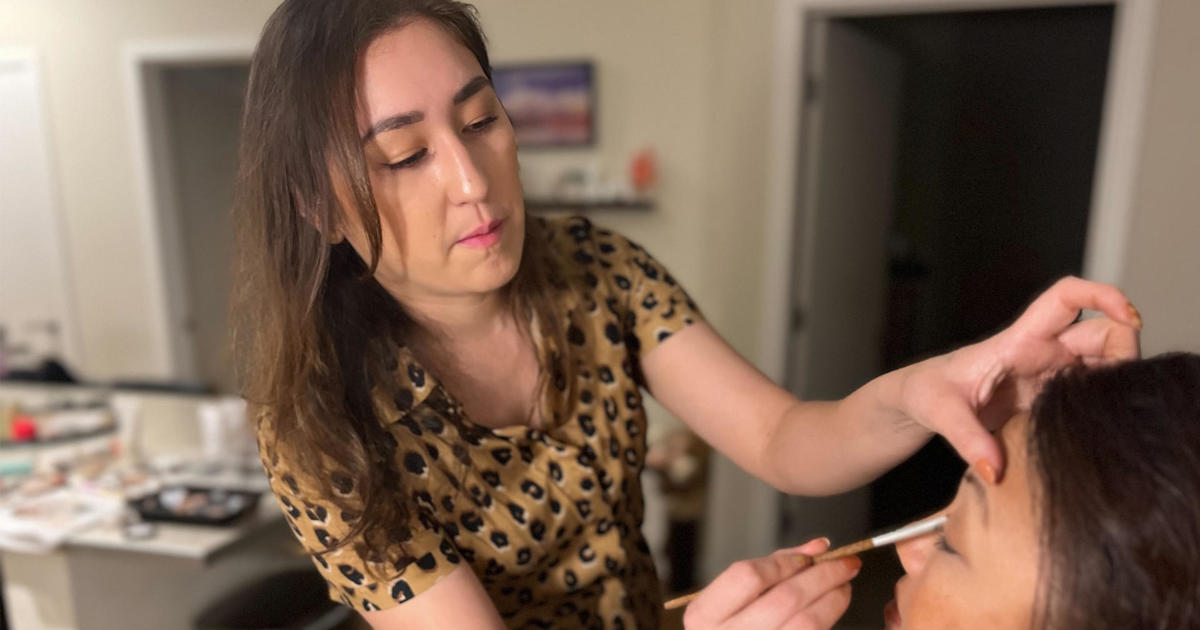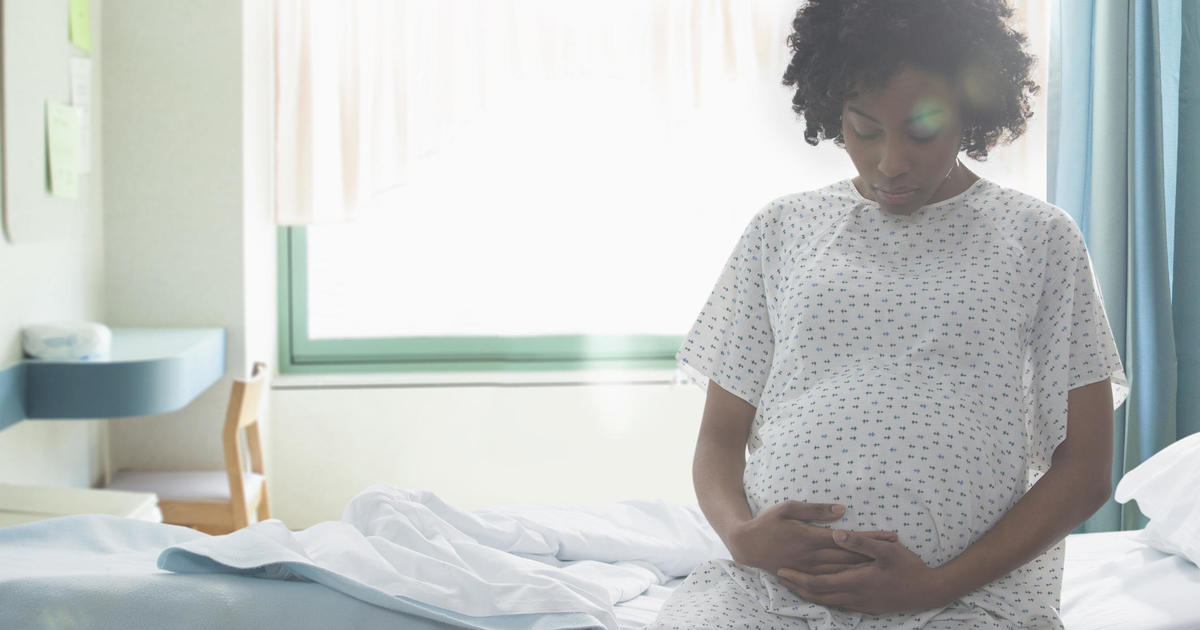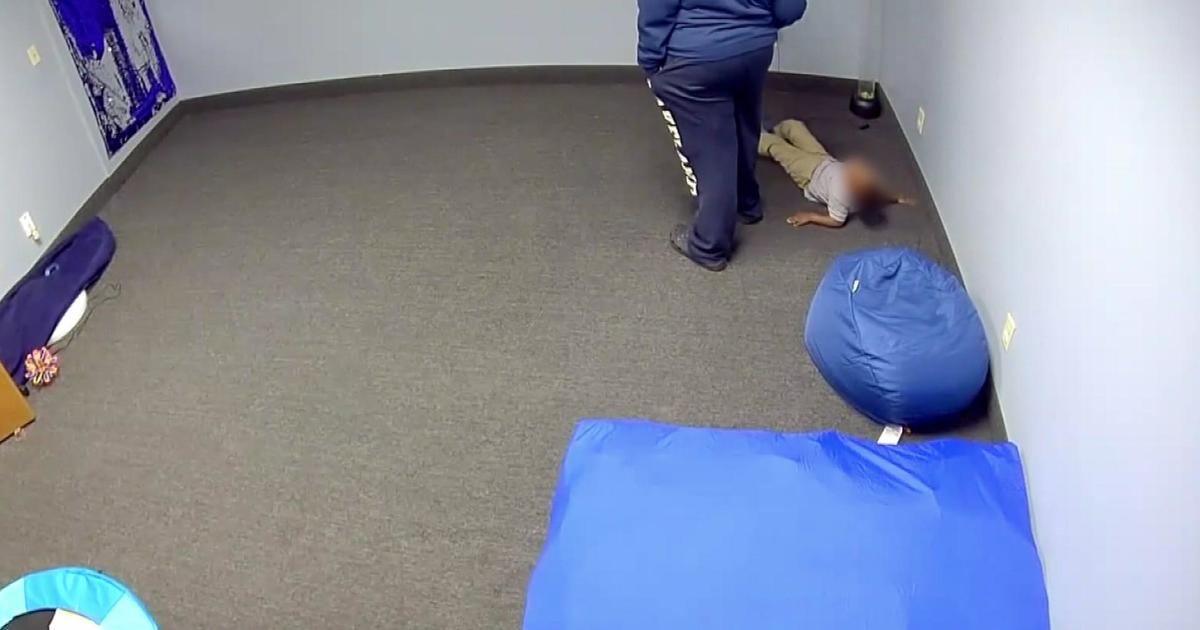Report: More Moms Using Donated Eggs To Have Babies
MINNEAPOLIS (WCCO) -- New numbers out Thursday from the Journal of American Medicine show women in the United States are using donated eggs to get pregnant more and more.
In the last decade, fertility clinics reported close to double the amount of procedures using donated eggs.
While one out of four babies are born on time -- and at a healthy weight -- more than a third of babies are at risk for complications.
We asked Dr. Eric English with OBGYN WEST to explain why, increasingly, women are turning to donors.
"We have success without donor egg," he said, "but sometimes donor egg is actually required."
When a woman's ovaries stop working, a donor egg can be one of her last resorts.
"Their life course has taken them to fertility at a later age, essentially," English said.
This can happen for a variety of reasons, such as: More and more women's careers have prolonged their decision to have kids; they may want to have children with a new partner; or there might even be medical reasons, like if surgery impairs a woman's ovaries.
The new research shows more than a third of donor egg babies are twins or born premature -- conditions that increase the risk for complications.
"These are high risk individuals anyways, sometimes for health reasons," English said. "A 40-year-old mom has a higher risk of diabetes, high blood pressure disorders at pregnancy; and all this affects their preterm labor rate."
Before making the decision to use a donor egg, patients and doctors must complete a thorough analysis, English said.
"It's not just as simple as 'Hey, can you throw me an egg off the shelf,'" English said. "There's genetic testing, counseling. It's a big deal."
In vitro fertilization (IVF), where a woman uses her own egg, is much more common than using a donor egg. It makes up for 89 percent of procedures.
In that procedure, English said: "The ovary gets stimulated, the eggs are pulled directly from the ovary...mixed with sperm in a lab, and then the proceeding embryo is placed back in the body."
If you are a woman in your mid-40s considering IVF, the first thing to do is go to your OBGYN. There, they'll test to see if your eggs are properly functioning.
The OBGYN would then refer you out for further testing to see if IVF is the right option for you.



